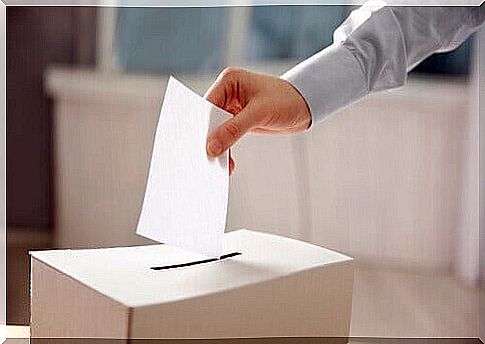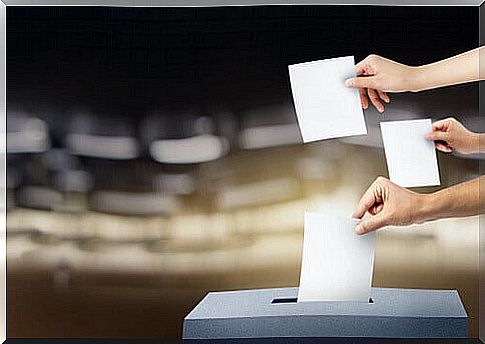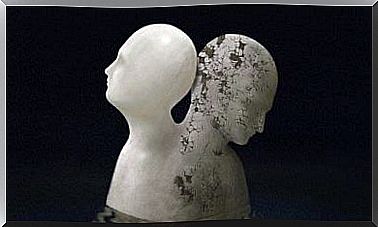Political Vote: What Factors Affect?

Our political system bases much of its functioning on democracy, so that the representatives of the main chambers (congress and senate) are elected by political vote expressed by citizens indirectly, through the lists of candidates who are part of the party lists . These politicians will be in charge of representing our interests, so they are their guardians.
The question we ask ourselves is: what leads us to prefer certain political representatives rather than others? The simplest answer would be, as mentioned in the previous paragraph, to choose the ones we think will best defend our interests. However, if we delve a little bit into this topic, we will realize that the answer is not that simple …
Socio-political psychology is concerned with investigating broadly the factors that influence the direction of one’s political vote. Studies show surprising data: it seems that voting stability and party identification determine our political vote. Ideology seems to be of little importance when comparing its influence with these two factors.
The stability of the political vote
One of the salient aspects about the political vote is its temporal stability. When a person has voted for a political party, they will vote it again in subsequent elections. This stability tends to be maintained regardless of the political tendencies of the party, the candidate and the type of elections (national or regional).
Although the vast majority of people are consistent in their vote, there are others who are not. What factors influence the stability of the vote? Studies show that “people on the right” change their vote less. On the other hand, sticking to this division between “people of the right” and “people of the left”, it can be observed that it is easier to change the vote in favor of parties that are closer to the ideology of the last vote.
In the event that they decide to change, therefore, it is more likely that people who voted for a “right party” in the last elections will continue to vote for this party or for another “right” party. For the left, the same happens.

These results make us understand that at the base of the stability of the vote there is a process of political socialization. A process by which parties obtain loyal partners despite changes: the tradition of the party’s political ideology weighs more than the specific program presented during the elections. In this political socialization comes a very important concept called party identification.
Party identification
Party identification is defined as a psychological link between an individual and a political party that implies a sense of group identity. Through various methods, including the use of symbols, hymns and group events, parties manage to create in their constituents a sense of unity so strong that it overcomes ideological differences within the group itself.
But how important is party identification with respect to the individual’s ideology when deciding his political vote? In 2009, a study was conducted in Spain to determine what level of ideology individuals shared with their political party. The results were quite surprising. The voters of the PSOE (Socialist Party) and the PP (Popular Party) shared less than 50% of their party’s ideology. In the case of the IU (Left Party) the percentage increased to 61%.
These data show us that the voters of a party do not share most of the interests or even the ideology of the party. How can we identify with a party in this way? The answer lies in the strong propaganda mechanisms of the parties, which try to empathize with people to make them feel a sense of belonging with the group in question, so that they can then get their vote in the following elections.
Political responsibility of the citizen
These figures are at least surprising, because the ideology of the voters reaches the parliament. These studies show a scenario in which political parties capture individuals and generate in them a group identification more typical of football teams than political identification. This results in a congress that does not represent the population, and which therefore will lead to policies against it.

Political education is certainly one of the best tools to change this image. An education that allows us to correctly understand the policies and laws that are created and how they affect us, while increasing critical thinking towards the political vote and the punishment for non-compliance with electoral programs. Which now seem useless even before being presented.
Although political measures rarely produce immediate changes and many of their effects are widespread, they still remain important as they define how to govern our country. Democracy and universal suffrage have been a success that has cost us several hundred years and a lot of blood. Now, for them to work, they need the active and intelligent participation of citizens. You, me, everyone who has the right to vote.









